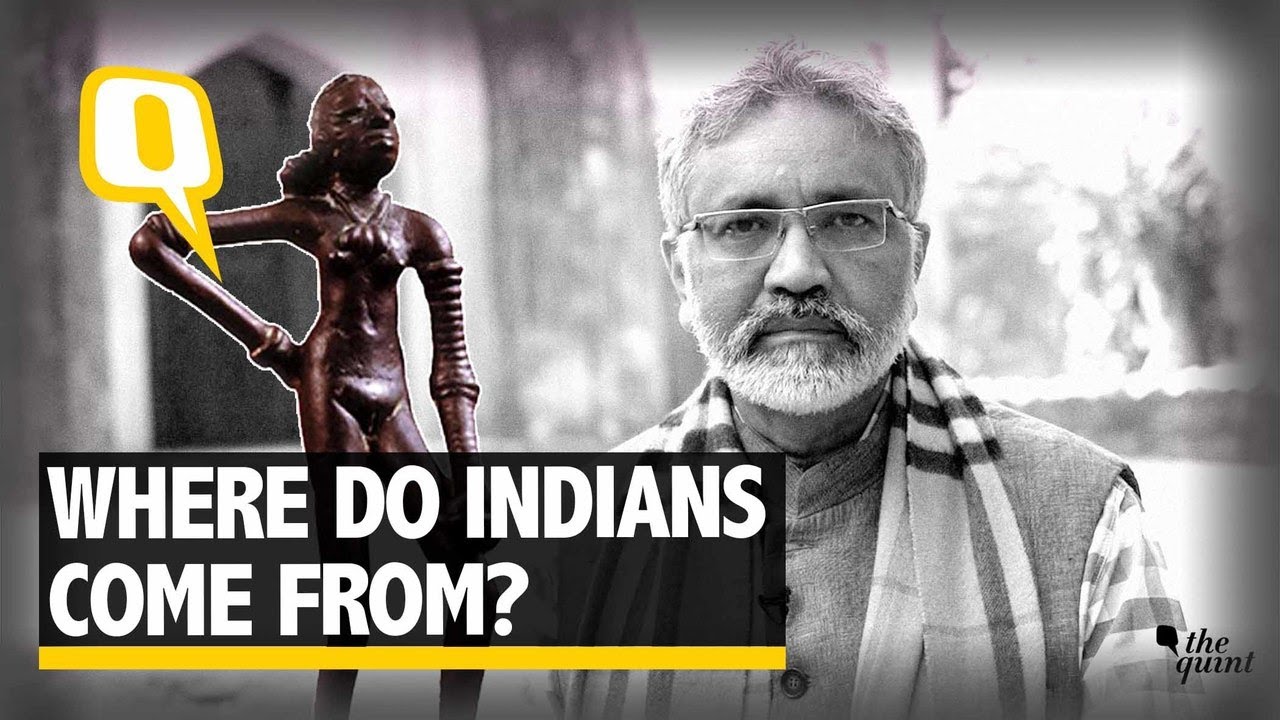
Sensitivity Over Aryan Migration Due To 2 Misconceptions, Says 'Early Indians' Author | The Quint
Sensitivity Over Aryan Migration Due To 2 Misconceptions, Says 'Early Indians' Author | The Quint
Is there such a thing as ‘pure’ race? Senior journalist Tony Joseph recently published his book Early Indians: The Story of Our Ancestors and Where We Came From — an ambitious project that looks at path-breaking DNA research and archaeological and linguistic evidence to answer some uncomfortable and highly contested questions: Who are our…
source
Reviews
0 %


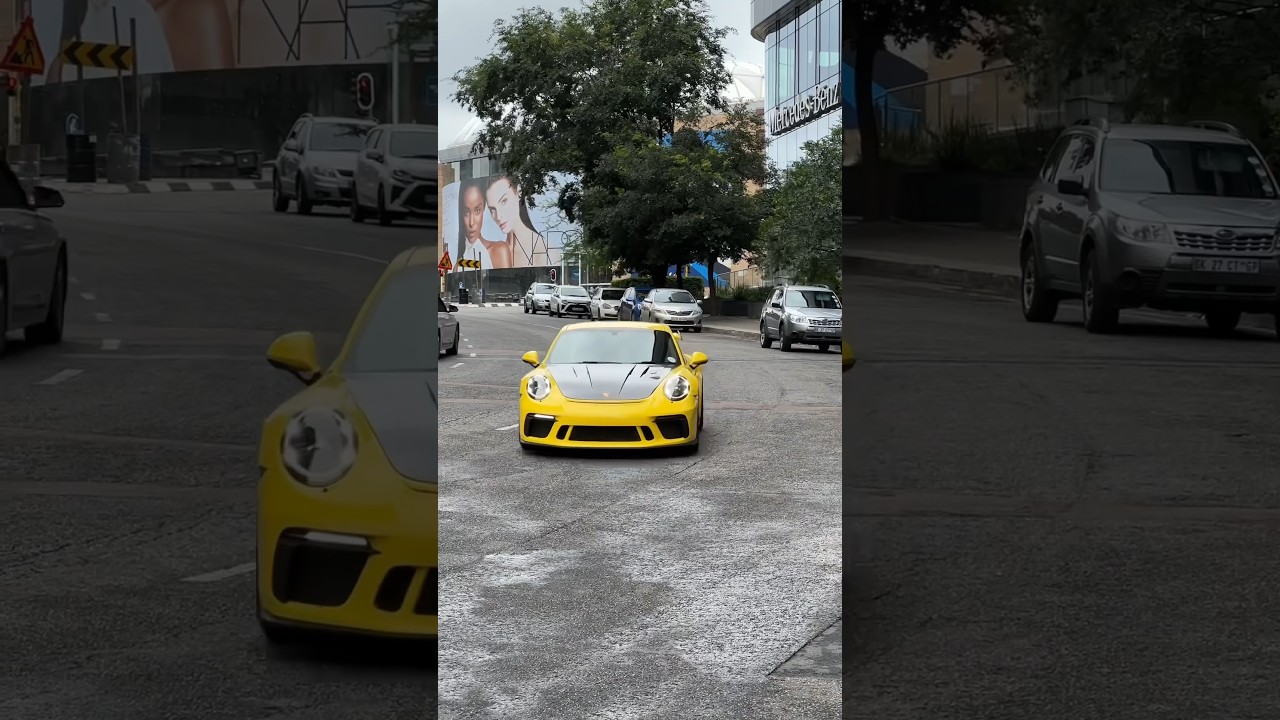

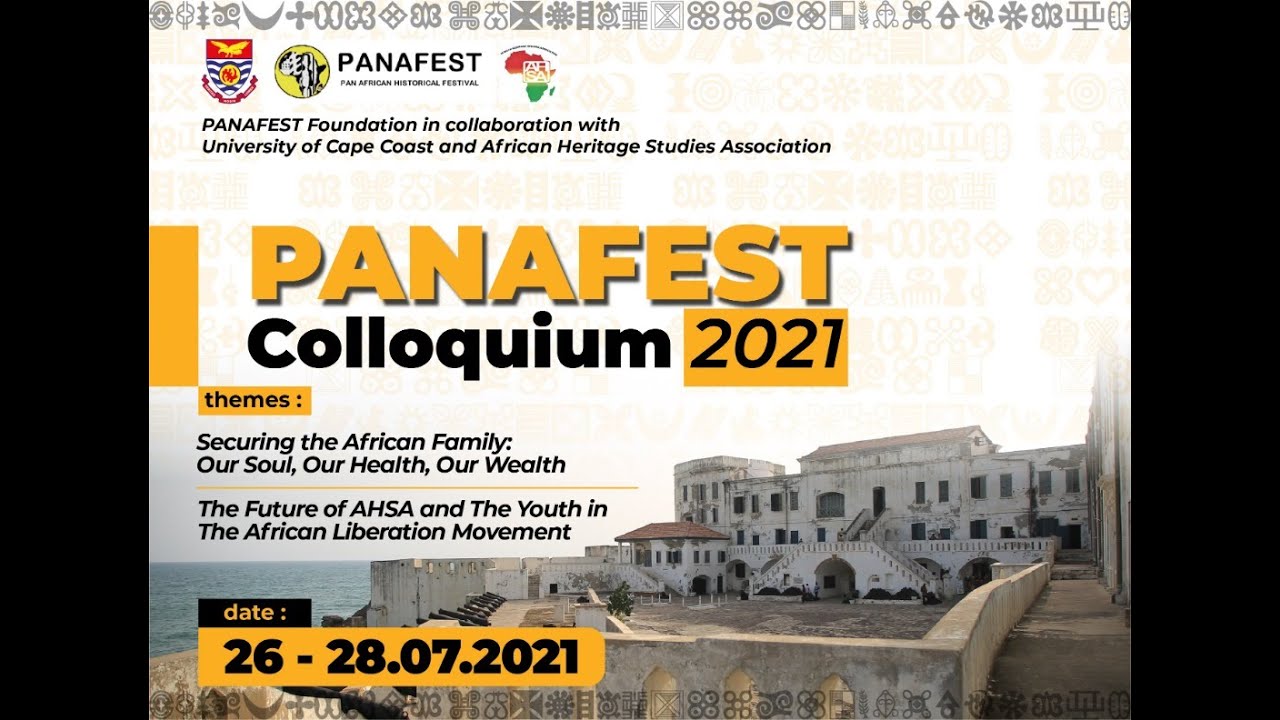


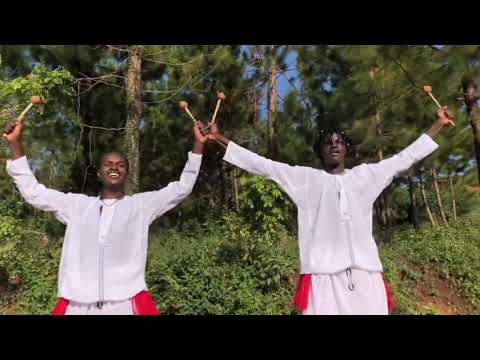
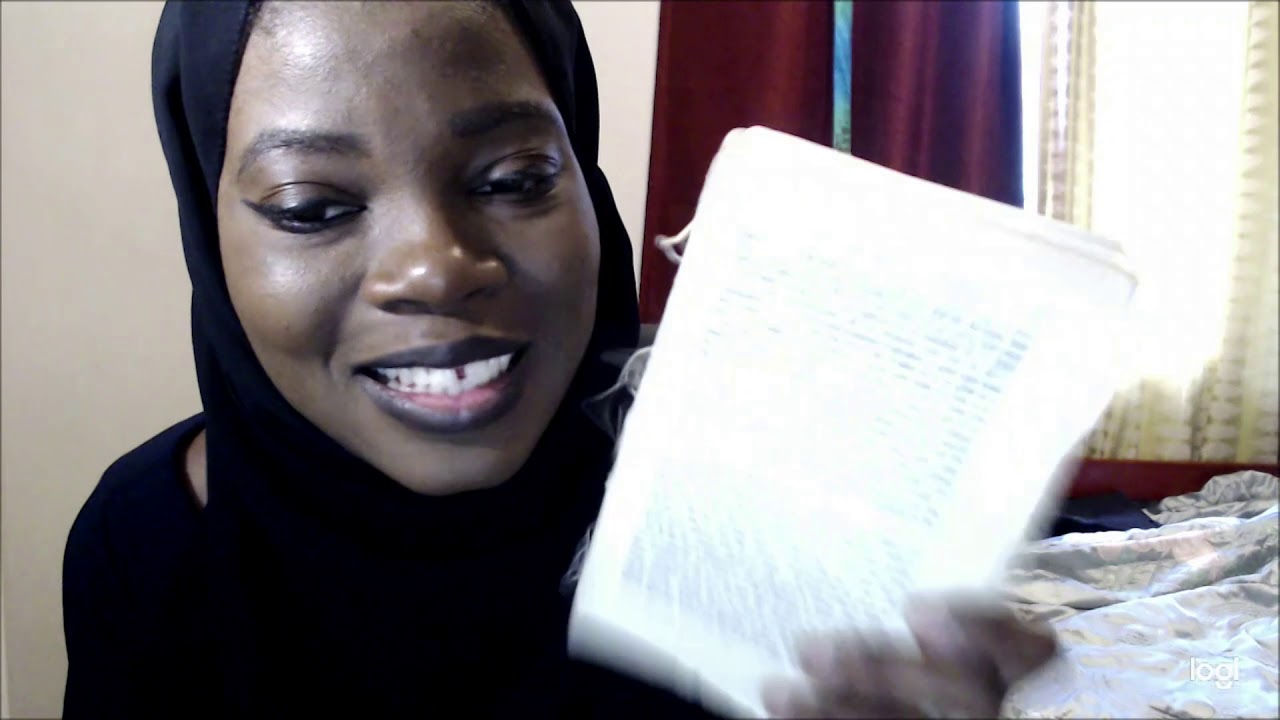

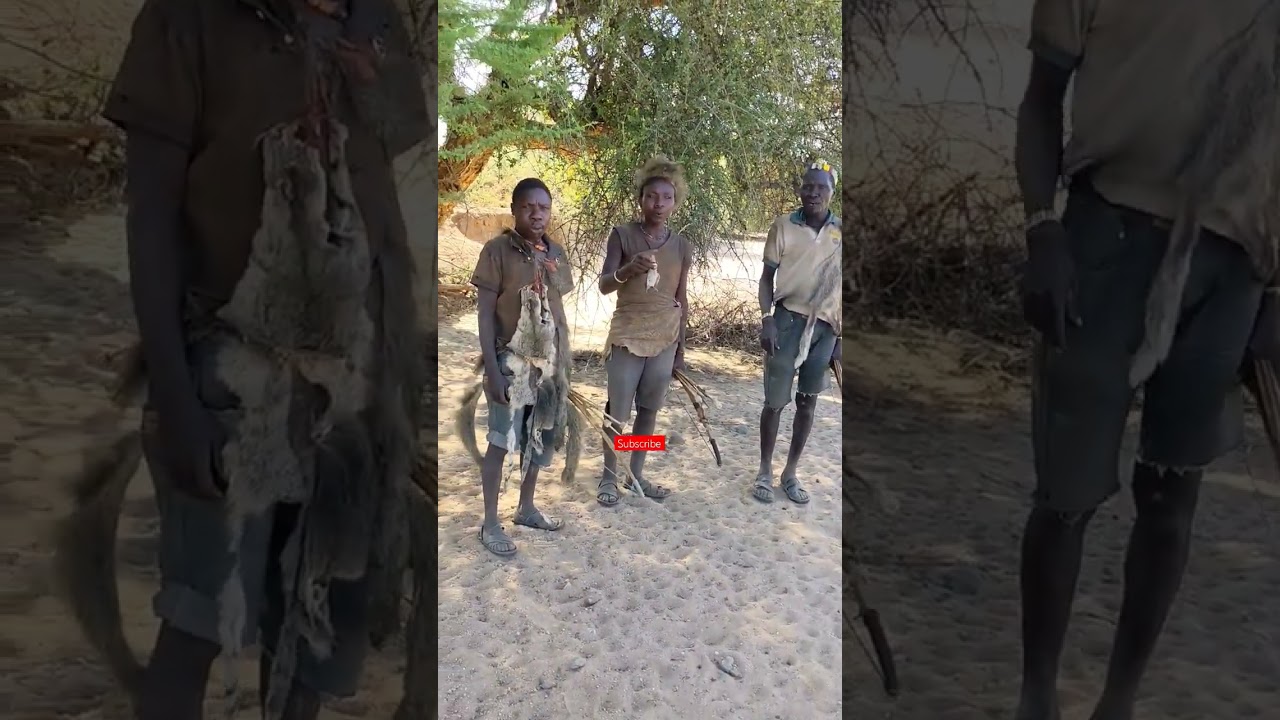
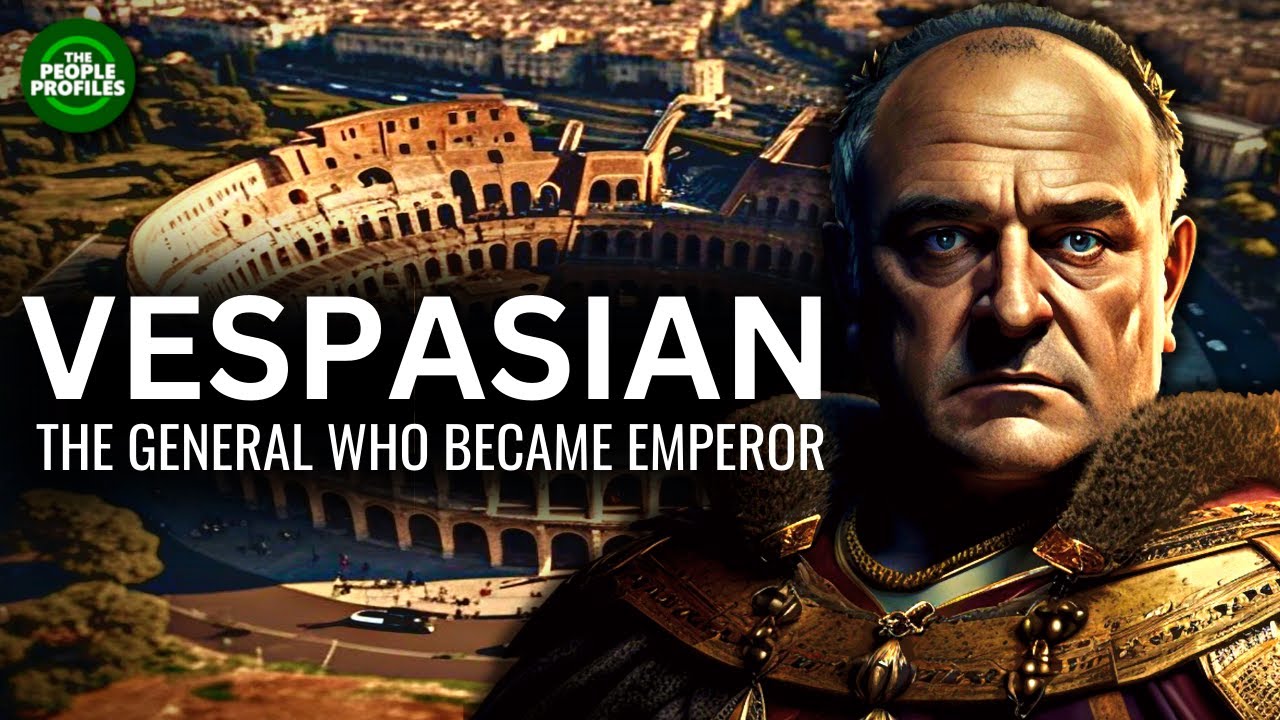
The first migration to Indian subcontinent (out of Africa) occurring about 65000 years ago is correct,then it is contradictory to the findings of Jwalapuram(Kurnool of AP) excavations which shows human settlements before the Toba eruption which was about 74000 years ago.
This year government changed this in textbooks
Congrats to you🎉🎉
Immigrants keep coming changes will keep happening its natural process 😂 immigrants are like birds keep travelling always 😅
2:59 I am Jew, I disagree. We don't marry outside and are proud of out ancestory. Every person has the right to take pride in their ancestory.
Is he about to cry?
Another chutiya with aryan invasion theory
From where did the people migrated to Steppe lands and the Iranian region? Were they not originally from Africa?
If Aryan came out side India means some portion of people arrived India then , what about rest. which area did they belong Germany, france . Such a powerful civilization scattered all over India but disappeared in area which they came from. What a great joke Aryan came from out side of india!
Absolutely wonderful…
Ni Ena mutdala☢️
All misconceptions are developed by collonial theories
My dna is india not western
indian history is a fairy tale by liberals
Caste system came in 100 CE, how wrong can you be. We see evidence of caste system in Ramayana and Mahabharat which are dated 1000-2000 BC most conservatively, can be even older. And he has written a book on this topic. God save us.
All people from Africa,split up,moved,interbred,moved and so on…..
Proof is 💩
Not indians most of north indians and bramins come from outside .Indian land owned by only ancient south indians …
Many people dis Africa when she is the mother of all mankind 😢
Donot tell where who are you dare to say by Africa.
Gupta period started caste system
Immigration did happened but from multiple sources, nobody is indigenous, but at the end of the day we are all Indians!!!
All left leaning pages belief in Aryan Migration while right leaning debunk it.
Left says no Ramayan existed, right says it did.
Both give proofs of something that no one can verify. But yet for our own sanity and strong faith and beliefs, we pick one side.
I support this Aryan theory but some people not supported this
I have a copy of the book by Tony Joseph, "Early Indians" in front of me as I write. Overall, his opinions are in close keeping with a recent DNA study done by Priya Moorjani and her colleagues at the University of California, Berkeley, published in 2024. This was of of over 2700 Indian individual genomes. She also published a smaller study in 2018 of around 600 genomes. The studies state that the earliest migrants into India arrived starting around 50,000 years ago as a single large migration. Fast forward to 4700-3000 BCE, Iranians moved here, followed by herders of the Eurasian Steppe such as Tajikistan starting around 3000 BCE. I would class the last two as "Aryans." Sri Joseph mentions a genetic study done by Priya Moorjani in 2013 on page 211. It was of 571 individuals, published in the American Journal of Human Genetics though he did not quote that reference. Seems to me that Priya Moorjani and colleagues have conducted multiple studies. The 2024 publication shows the genomes of the largest collection of genomes yet.
But that said, Sri Joseph's theory about the "Caste" system developing in the first century CE is completely WRONG. The Buddha is said to have lived around 2500 years ago. He is documented to have admonished Brahmins countless times. Seems to me his main focus in life was to ridicule Brahmins. If that is the case, it is as clear as daylight that the "Caste" system existed even prior to the Buddha. In any case, the word "Caste" needs to be thrown out the window. Why? The word used in Vedic times was VARNA. The word Jati (pronounced Jaathi) was also used to refer to communities. Varna (Reference, Chapter 18, verses 41-45 of the Bhagavad Gita) refers to the COLORS OF PERSONALITY INHERENT IN ANY PERSON. Varna is NOT based on birth, as per those verses. Please do read those verses for details. Even the Rig Veda clearly talks about the divisions of humanity based on functionality.
The word "Caste" is a modification of a PORTUGUESE word, CASTA. The British adopted it with great enthusiasm in order to divide up Indians in their "Divide and Rule" policy. Sadly, the Indian Congress government after independence has pushed the caste divisions far far more aggressively than the British ever did. So here we are today in India, being torn apart into pieces but yet achieving great success economically.
Are you a Historian?? Give the Archeological evidence rather propaganda…
The aryan invastion never exist…
Very insightful and needs deeper understanding to appreciate
All India are children of Manu.
Bullshit